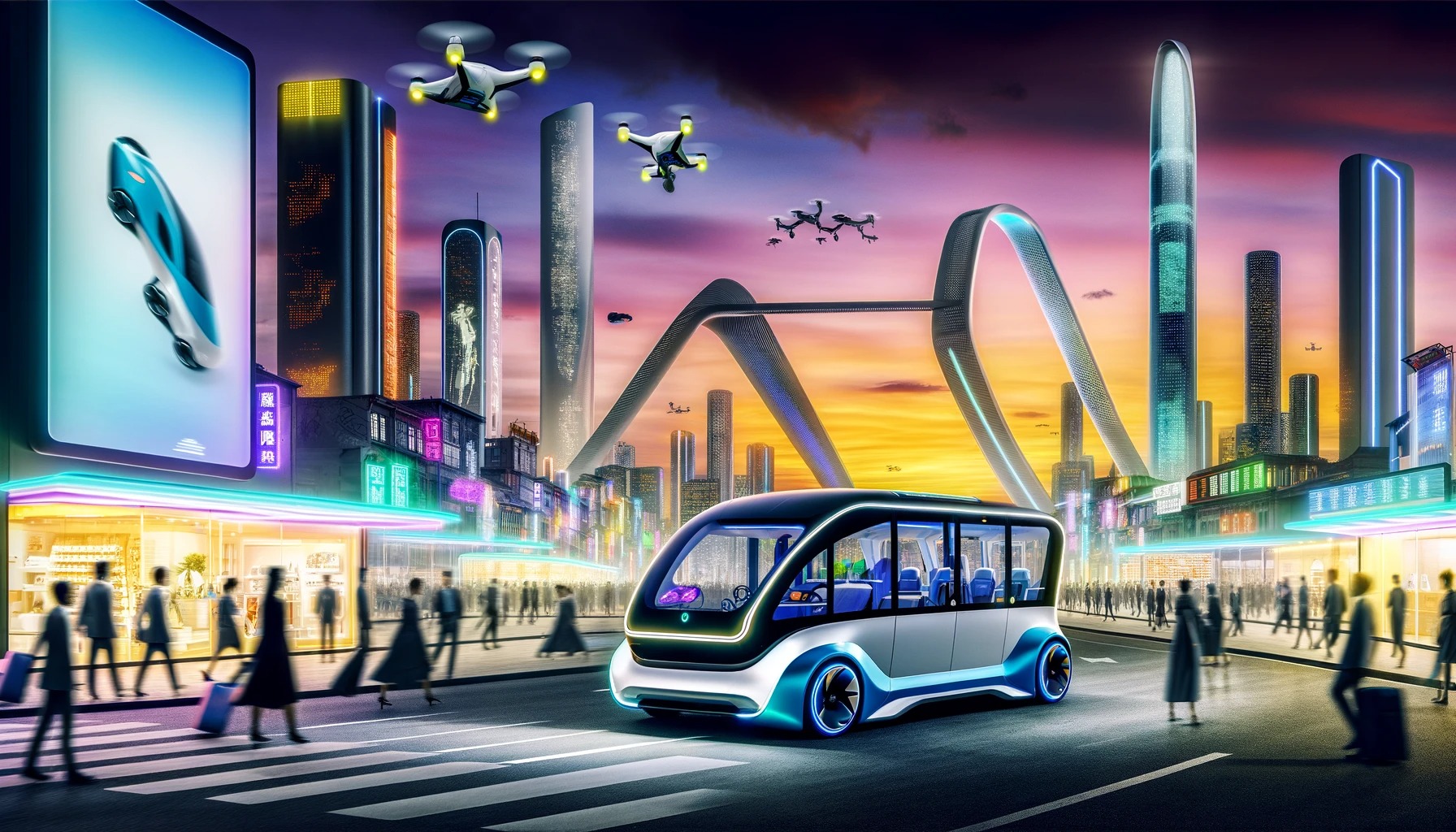Apple Car: End of the Road for Apple’s Project Titan, A Turn Towards AI
Apple has officially ended its autonomous electric vehicle project, dubbed Project Titan, marking a significant shift in the company’s strategy towards artificial intelligence (AI) technologies. Initiated with the ambition to revolutionize the automotive sector in the same way the iPhone transformed the world of smartphones, Project Titan faced challenges that led to its conclusion after nearly two decades of development and investment.
A Long-Standing Ambition Faced with Real Challenges

Apple’s Project Titan, started in 2008, aimed to position the company at the heart of automotive innovation with the design of an autonomous electric vehicle. This ambition reflected Apple’s desire to diversify its activities and invest in promising technologies. However, despite a bold vision, including a vehicle without a steering wheel or pedals and fully integrating Siri for user comfort, the project was hindered by technological challenges, direction changes, and increased competition in the electric vehicle (EV) sector.
The Genesis and Evolution of Project Titan
From the beginning, Project Titan symbolized Apple’s futuristic vision for the automobile, envisioning a fully autonomous vehicle. With significant investments in research and development, Apple explored unknown territories, pushing the boundaries of engineering and design. Bold prototypes without pedals or steering wheel were envisioned, revealing the extent of Apple’s ambition to redefine the concept of mobility.
The Encountered Challenges
However, the path to realizing this vision proved to be fraught with obstacles. Technological challenges, especially around complete autonomy, presented unforeseen complexities. The EV market experienced fluctuations, with variable demand influenced by high vehicle costs and limited charging infrastructure. Moreover, the highly regulated and competitive automotive sector required constant adaptation to safety standards and consumer expectations.
A Strategic Turn Towards Artificial Intelligence
Faced with these challenges, Apple made the strategic decision to redirect Project Titan’s resources towards its initiatives in generative artificial intelligence and other AI technologies. This decision marks a realignment of priorities, aligning Apple with an expanding and promising field. AI, at the heart of current technological advances, offers growth and innovation opportunities that Apple wishes to fully exploit.
The Potential of AI for Apple
Apple’s commitment to AI is already evident through several of its products and services. The integration of AI in areas such as facial recognition, speech synthesis, and data analysis, demonstrates the company’s ability to innovatively incorporate these technologies. With the recent launch of Apple Vision Pro in February 2024, Apple demonstrates its intention to position itself as a leader in emerging technologies, including augmented and virtual reality powered by AI.
The Impact on the Automotive and Technological Sector
Apple’s decision to withdraw from the autonomous electric vehicle project does not signify a lack of interest in innovations in the automotive sector. On the contrary, it reflects a reevaluation of opportunities where Apple can make a significant contribution. Meanwhile, this decision frees up resources to invest in AI, a field where Apple sees a considerable potential to redefine the user experience and create new business opportunities.
A New Horizon for Apple
By concluding Project Titan, Apple does not close the door on innovation in the automotive sector but chooses instead to channel its expertise and resources towards breakthrough technologies like AI. This orientation towards AI promises not only to strengthen Apple’s position as a technological leader but also to open new paths for the company’s future. Focusing on AI, Apple aspires to continue shaping our world with innovations that exceed expectations and redefine what is possible.
